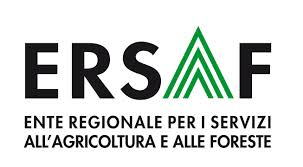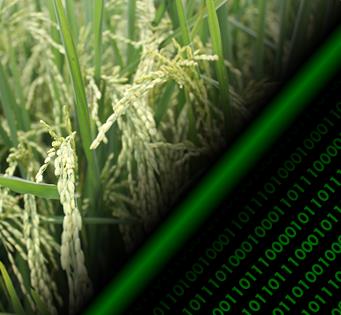Evaluation of climate change impact on crop productions in Lombardy and identification of adaptation strategies

During the project, (i) modelling solutions were built for the evaluation of climate change impact on quantitative and qualitative aspects of rice, wheat and maize productions, (ii) adaptation strategies were identified based on changing the sowing windows, using different genotypes and more efficient irrigation techniques, (iii) alternative cropping systems were identified to preserve the structure of the six most important cereal-livestock farm types in the Lombardy region.
 2015 - Biomass & Bioenergy, 80, 85-93
Are advantages from partial replacement of corn with second generation energy crops undermined by climate change? A case study for giant reed in Northern Italy
Cappelli, G., Yamaç, S.S., Stella, T., Francone, C., Paleari, L., Negri, M., Confalonieri, R. 2015 - Biomass & Bioenergy, 80, 85-93
Are advantages from partial replacement of corn with second generation energy crops undermined by climate change? A case study for giant reed in Northern Italy
Cappelli, G., Yamaç, S.S., Stella, T., Francone, C., Paleari, L., Negri, M., Confalonieri, R. |
- A smartphone application to collect information on crop status at field scale and to provide services to farmers
- Advanced tools for breeding BARley for Intensive and SusTainable Agriculture under climate change scenarios
- Agro-ecological Model for Assessing Climate Change Impacts on Agricultural Systems
- Agro-phenological database for CGMS
- An irrigation efficiency program addressing water scarcity through a systems approach to water management
- Analysis and evaluation of models assessing preharvest quality for CGMS crops
- Cd-free fertilizers on durum wheat crops
- Cd-free fertilizers on rice crops
- Crop Monitoring as an E-agriculture tool in developing countries
- Development of a version of PocketLAI to be integrated with IRRI technologies for rice monitoring






